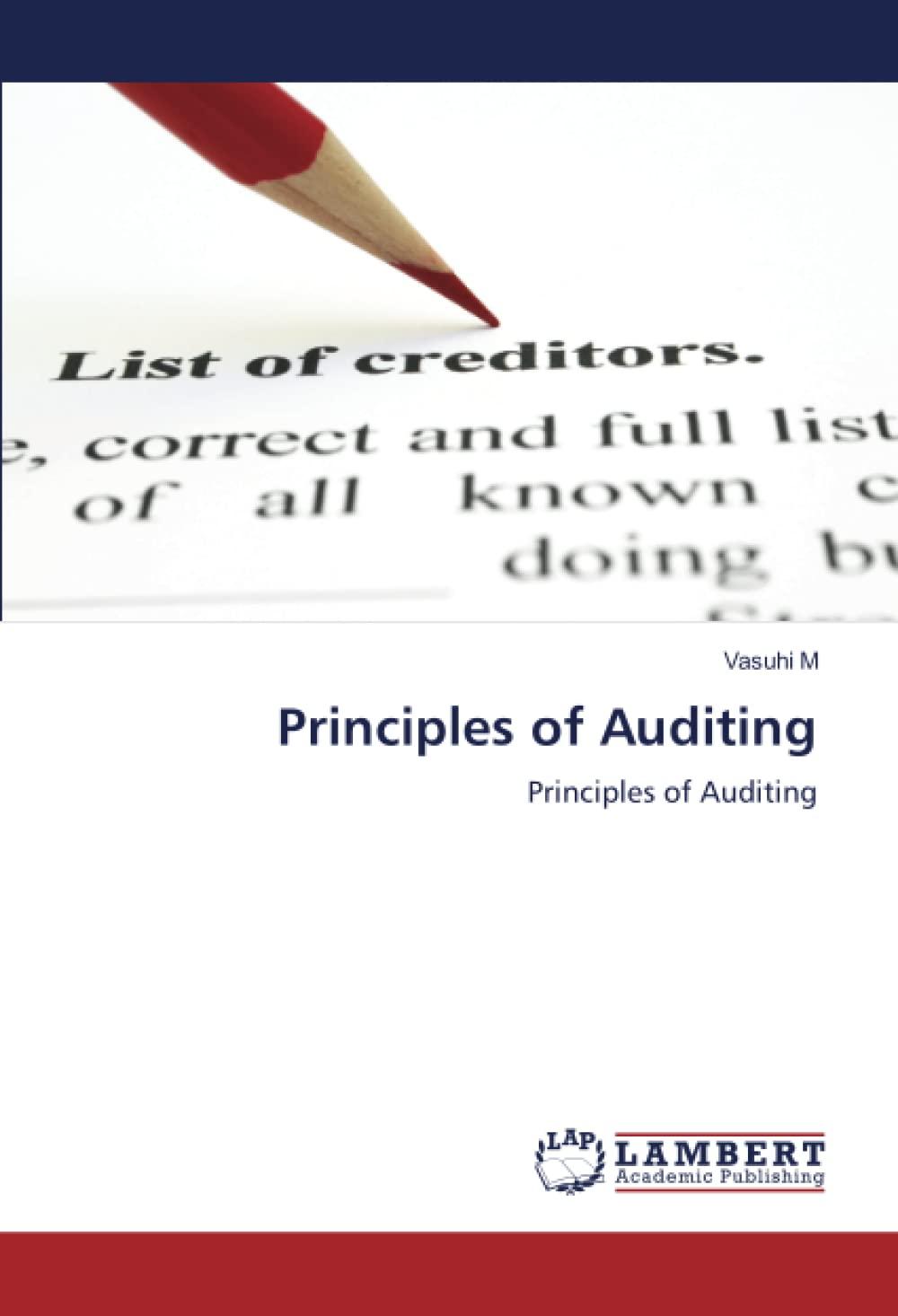Question
Prescott Lumber processes logs into grade A and grade B lumber. Logs cost $20,600 per load. The milling process produces 3,000 units of grade A
Prescott Lumber processes logs into grade A and grade B lumber. Logs cost $20,600 per load. The milling process produces 3,000 units of grade A with a market value of $64,400, and 12,000 units of grade B with a market value of $9,200. The cost of the milling process is $9,000 per load.
Required:
a. If the costs of the logs and the milling process are allocated on the basis of units of output, what cost will be assigned to each product? (Do not round intermediate calculations.)
b. If the costs of the logs and the milling process are allocated on the basis of the net realizable value, what cost will be assigned to each product? (Do not round intermediate calculations.)
c-1. How much profit or loss does the grade B lumber provide using the data in this problem and your analysis in requirement (a)? (Do not round intermediate calculations.)
c-2. Is it really possible to determine which product is more profitable?
| Yes | |
| No |
Step by Step Solution
There are 3 Steps involved in it
Step: 1

Get Instant Access to Expert-Tailored Solutions
See step-by-step solutions with expert insights and AI powered tools for academic success
Step: 2

Step: 3

Ace Your Homework with AI
Get the answers you need in no time with our AI-driven, step-by-step assistance
Get Started


